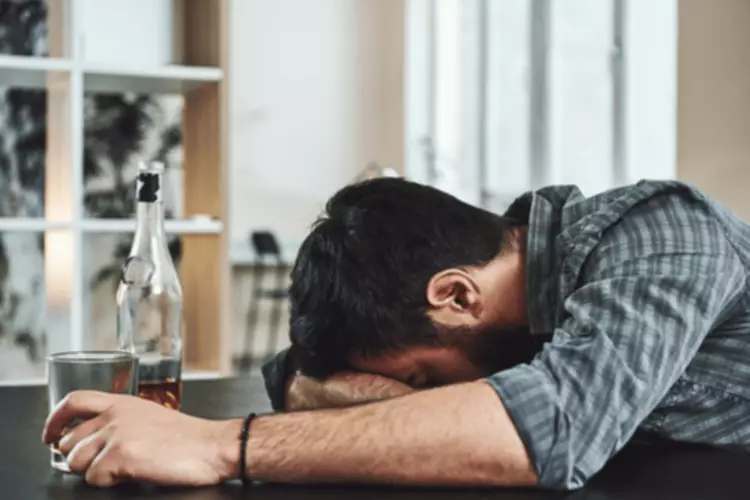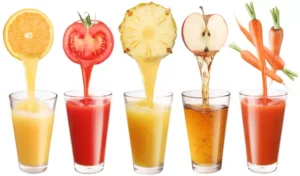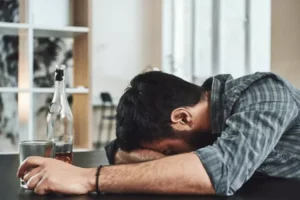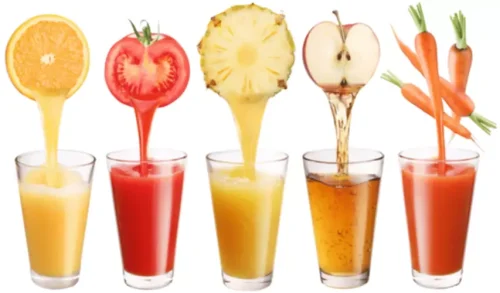Казино Онлайн Игровой Автомат Демо онлайн казино на реальные деньги в казахстане тенге Игры
September 24, 2024Tinychat Review
September 24, 2024
Medication-assisted treatment (MAT) is a critical component in the management and treatment of substance use disorders (SUDs), particularly opioid use disorder (OUD). Relapse is when a person who has been trying how to break the addiction cycle to quit or has stopped using the substance or engaging in the behavior starts again. It’s a common part of the recovery process and doesn’t mean that the person has failed. The central nervous system, endocrine system, and other bodily systems undergo both acute and chronic transformations when exposed to addictive substances or behaviors. These adaptations can be structural, such as alterations in brain chemistry, or functional, affecting how the body operates daily. There are several different theories about the stages of relapse, but they all have some elements in common.
Mental Health Resources

Rather than seeing relapse as a failure, it can be viewed as part of the recovery journey. It provides an opportunity to identify triggers and build strategies for long-term recovery. In the event of a relapse, there are valuable lessons that can help strengthen a person’s motivation and future attempts at sobriety. Alcohol or drug use at this stage is typically causing significant problems in the person’s life, yet they continue to use despite the known harmful consequences. The person alcohol rehab may experience feelings of powerlessness as attempts to quit or cut back on one’s own repeatedly fail.
Sustained Recovery
Lapse management includes drawing a contract with the client to limit use, to contact the therapist as soon as possible, and to evaluate the situation for factors that triggered the lapse6. We will work alongside you to help you maintain your positive changes through relapse intervention and stay focused on your goals. The focus will be on the quality of your life after you have made these changes. Counsellors will encourage you to discuss what a lapse means to you https://ecosoberhouse.com/ and explore whether you are experiencing feelings of failure, shame or self-blame and the extent to which you remain committed to change. They will work together with you to address any ambivalence you have and enhance your commitment to change.

When Does A Relapse Stop And Active Addiction Start?

For example, substances with severe withdrawal symptoms, like opioids or alcohol, may have higher relapse rates. Drug tolerance occurs when an individual experiences a diminished effect of a drug after its repeated use, necessitating an increased dosage to achieve the original effect. This phenomenon can happen with various substances, but it is particularly notable with alcohol and opioids. One of the first signs of drug abuse is engaging in risky behaviors while under the influence. This may include driving, operating heavy machinery, or participating in unsafe sexual activities.
Relapse prevention

At Holyoake, we acknowledge that relapse is common and not unique to alcohol and other drug use. We understand that lapses and relapses can be overcome as you move towards recovery. Coping skills such as problem-solving may be helpful in managing identified high-risk situations. If you are more likely to use when you are feeling angry, depressed or stressed, counsellors will work with you on relaxation strategies and challenge any unhelpful thinking you may have. Counsellors at Holyoake understand that there are a number of factors that lead to a lapse or a relapse. Treatment options such as detoxification, inpatient and outpatient programs, and behavioural therapies can help individuals regain control and reduce the chances of future relapses.
Recovery Programs
Research-supported group treatments, such as those involving contingency management and motivational interviewing, have shown efficacy in treating drug use disorders. The collaborative nature of group therapy fosters a sense of community and accountability, which can be particularly beneficial in sustaining long-term recovery. Relapse is an unfortunate part of the story for some recovering addicts and alcoholics. There’s a misconception that relapse is the exact moment someone picks up a drink or a drug.
- If you experience the symptoms of emotional and mental relapse without taking any affirmative action, it is only a matter of time before you physically relapse.
- From there, coping strategies and prevention plans can be developed to avoid future relapse and support long-term recovery.
- Each person’s journey through the stages of addiction may vary in severity or length, but many go through the same distinct stages in their descent into drug or alcohol addiction.
- Over time, as someone continues to use substances, they will begin to build up a tolerance.
